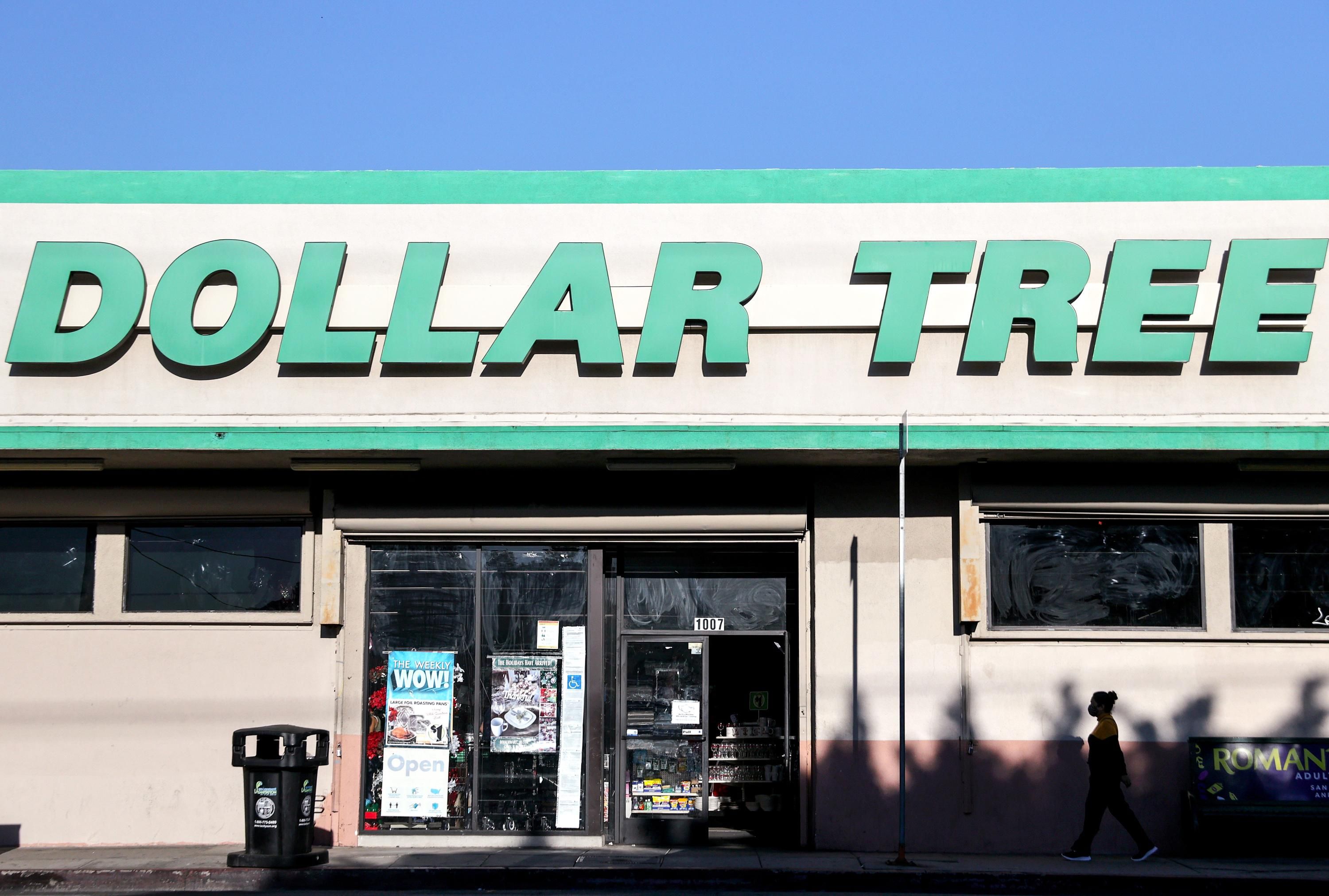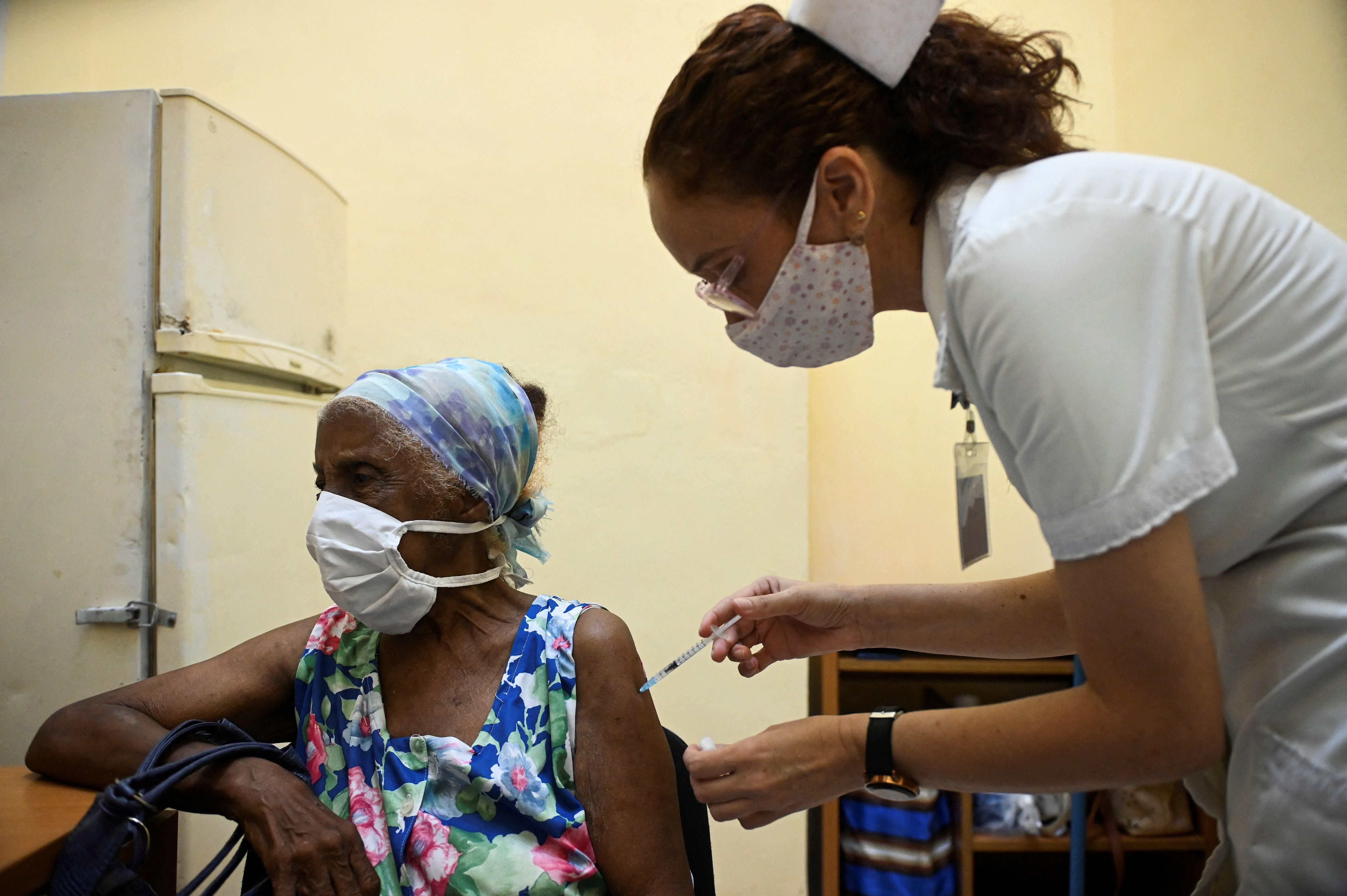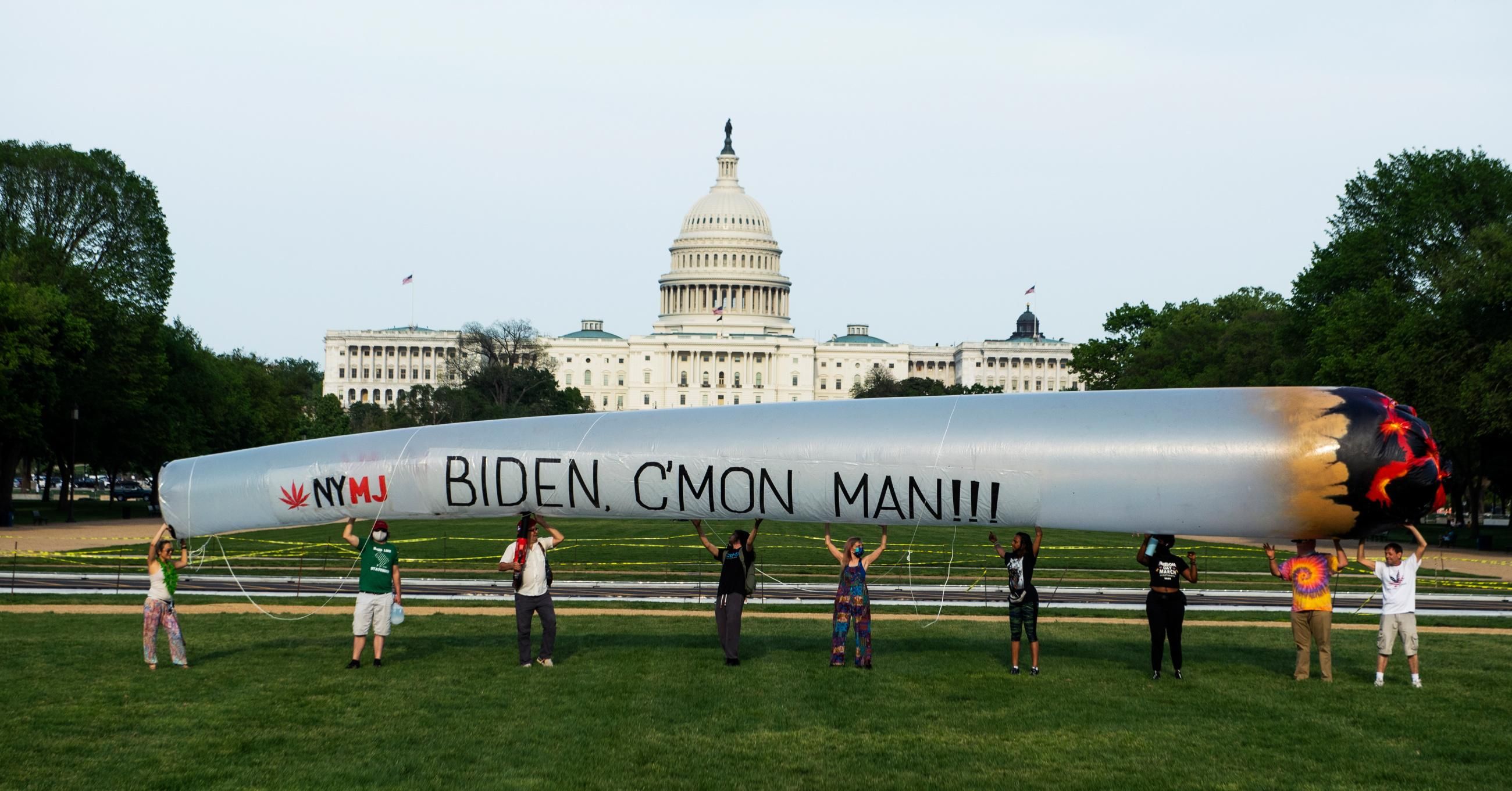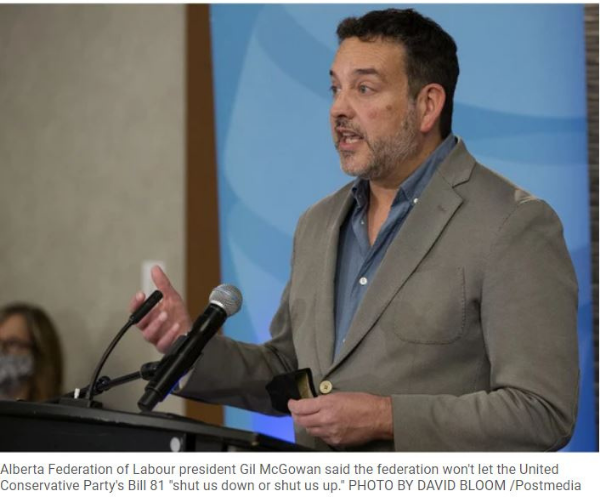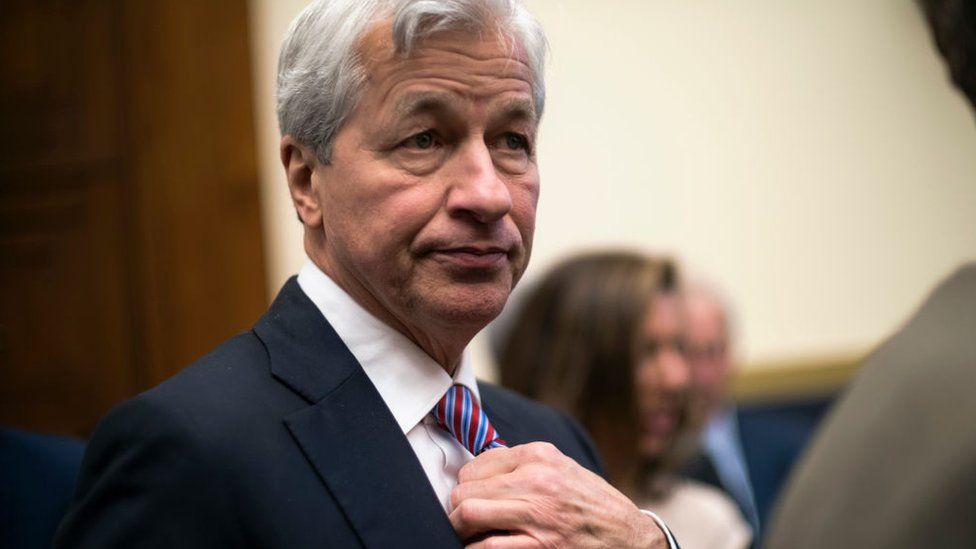Deadly pesticide still legal in US can harm bee populations for generations, study finds
The latest research offers another argument that U.S. regulators should follow the EU and ban neonicotinoids.

A new study shows just how dangerous pesticides can be for bees.
The research, published in the Proceedings of the National Academy of Sciences of the United States of America this month, found that bee populations can take a hit for generations if a bee is exposed just once to a common pesticide during its first year of life.
“Especially in agricultural areas, pesticides are often used multiple times a year and multiple years in a row,” study lead author and University of California in Davis ecology Ph.D. candidate Clara Stuligross told The Guardian. “So this really shows us what that can actually mean for bee populations.”
Stuligross and her team studied a type of bee called the blue orchard bee. These bees are about the size of a honeybee, but they live alone and have a blue, metallic color, National Geographic explained. They are also important pollinators for native U.S. wildflowers and crops like apples, cherries, almonds and peaches.
The researchers exposed the bees to a neonicotinoid called imidacloprid, which is the most commonly used neonicotinoid in the U.S. and one of the most used in California specifically, according to The Independent.
Neonicotinoids are well known to be harmful to bees and other insects because they bind to their nerve cells and prevent the insect from transmitting electrical signals, National Geographic explained. However, this study is unique in showing how exposure can continue to impact bee populations for generations, something known as the “carryover effect.”
The scientists exposed the bees to the pesticide at different life stages and got the following results, The Guardian explained:
- Bees exposed only in their first year of life saw 20 percent fewer offspring.
- Bees exposed once as adults had 30 percent fewer offspring.
- Bees exposed once as both larvae and adults had 44 percent fewer offspring.
The research therefore adds to the evidence the neonicotinoids are harming bee and insect populations, which have both taken a dive in recent decades.
“These findings support what many of us beekeepers and solitary beekeepers suspect is happening in agricultural fields,” researcher and beekeeper Steve Peterson, who was not involved with the research, told National Geographic. “We are seeing massive declines in all kinds of insects over the past several decades and much of it may be due to pesticide residues in the environment.”
A quarter of bee species have not been sighted since the 1990s, and insects that live on land have seen their populations fall by around 25 percent in the last 30 years and 50 percent in the last 75. Pesticides are considered a major threat to insect populations, along with other stressors like habitat loss, pollution and the climate crisis.
The latest research offers another argument that U.S. regulators should follow the EU and ban neonicotinoids.
“I hope that the EPA will review studies like this and carefully consider these kinds of effects in their risk assessment,” Peterson told National Geographic. “I do think that multigenerational and non-direct contact
